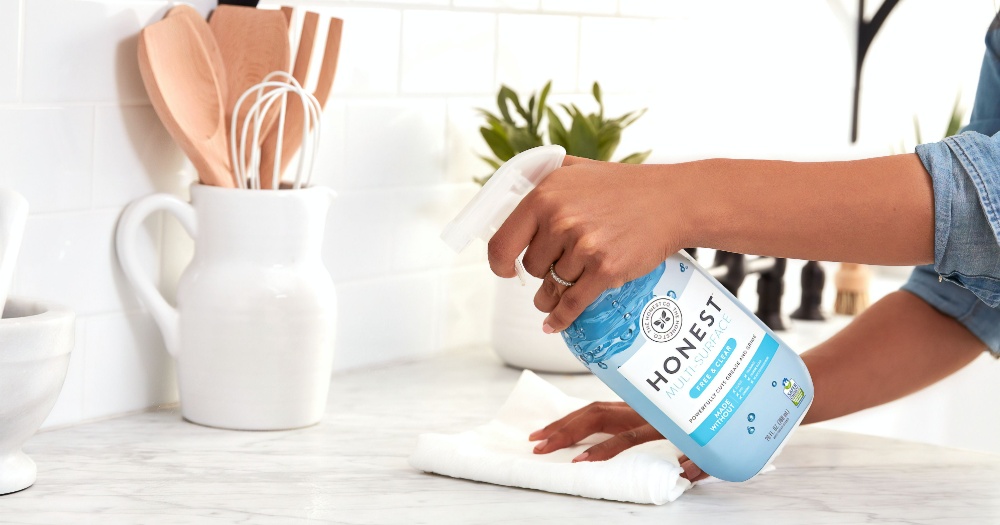To lessen the risk of Covid-19 transmissions in homes, public spaces, and other non-healthcare settings, effective cleaning with the appropriate disinfectants is crucial.
In light of this, the National Environment Agency (NEA) has published an advisory to help the public choose an effective chemical disinfectant for their homes, with instructions on how to use it safely.
Products that reduce bacteria, ATP or other virus count not always effective against coronaviruses
According to NEA, products that have been shown to reduce bacteria, adenosine triphosphate (ATP), or other virus count, are not necessarily effective against coronaviruses.
This is because bacteria and different viruses differ in their biological and chemical make-up, and viruses do not contain ATP.
When choosing a disinfectant for use against coronaviruses, users must understand three things:
- The efficacy of the active ingredient(s)
- The effectiveness and limitations of the applications
- The potential hazards that accompany the product or application
NEA has therefore published an advisory on their website to assist users in making informed decisions on the products that are on the market.
Users should apply disinfectants by wiping down surfaces
Additionally, it is important to note how these chemical disinfectants are being used.
Hence, NEA recommends a wipe down of surfaces with an effective disinfectant.
Users can consider alternative modes of application to supplement wipe downs, but should not completely replace it.
For example, disinfectant application by handheld misters and electrostatic sprayers should only be used to supplement a wipe down as they are not adequate on their own.
Auto-misters and surface coatings should also be used with caution, as NEA has not received any robust scientific evidence to support their effectiveness against coronaviruses.
Whole room fumigation and ultraviolet (UV) irradiation are effective if used for specific purposes, such as in hospitals and laboratories.
However, they must only be executed by trained professionals, as the processes are complex and exposure to chemical vapours and UV can cause harm.
Top image via The Honest Company on Unsplash, for illustrative purposes
If you like what you read, follow us on Facebook, Instagram, Twitter and Telegram to get the latest updates.
